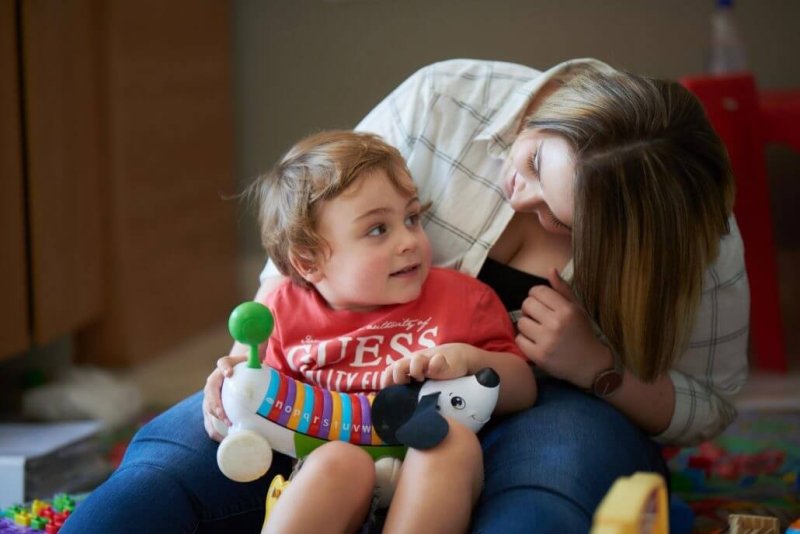An experimental compound that blocks two enzymes involved in gene expression improves social behavior in young mice, according to a new study. The mice carry a mutation in SHANK3, a top risk gene for autism.
[In 2018], the same team reported that a cancer drug alleviates social problems in SHANK3 mice. Both compounds alter gene expression by modifying chromatin, the complex coil of DNA and protein.Together, the studies suggest that the control of gene expression offers promising targets for treating different forms of autism, says lead researcher Zhen Yan, professor of physiology and biophysics at the State University of New York in Buffalo. “Targeting these fundamental mechanisms may have a broad and far-reaching impact,” she says.
…
The new study shows the promise of repurposing approved drugs that target molecules involved in gene expression; many of these drugs were developed for cancer, says Alysson Muotri, professor of pediatrics and of cellular and molecular medicine at the University of California, San Diego, who was not involved in the study. Some of the drugs produce serious side effects, he says, but a better understanding of the mechanisms involved might lead to more targeted treatments.
Read full, original post: Drugs that modify gene expression show promise for autism































